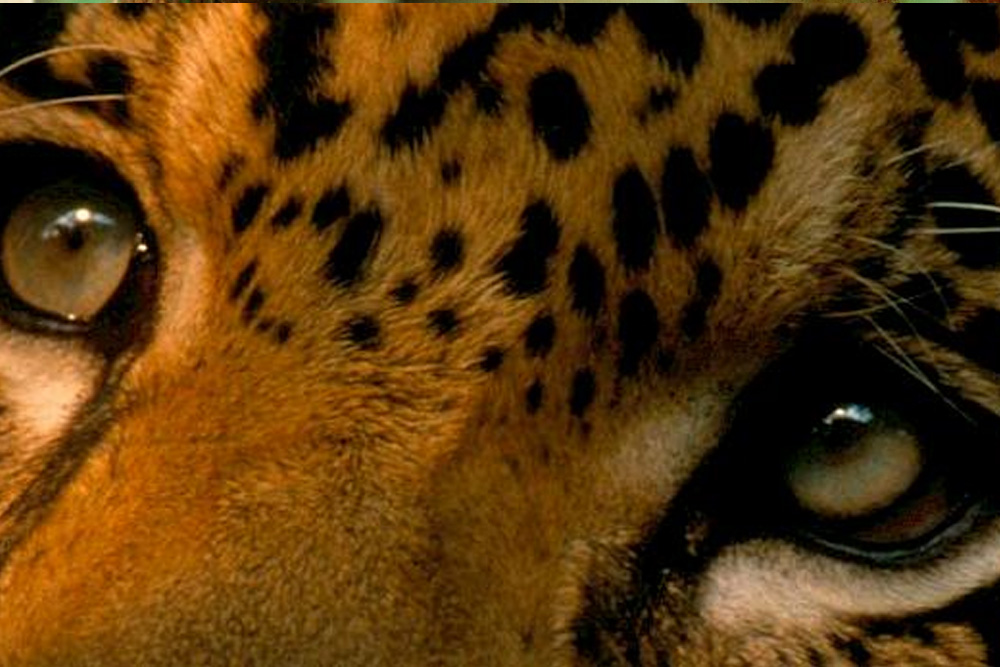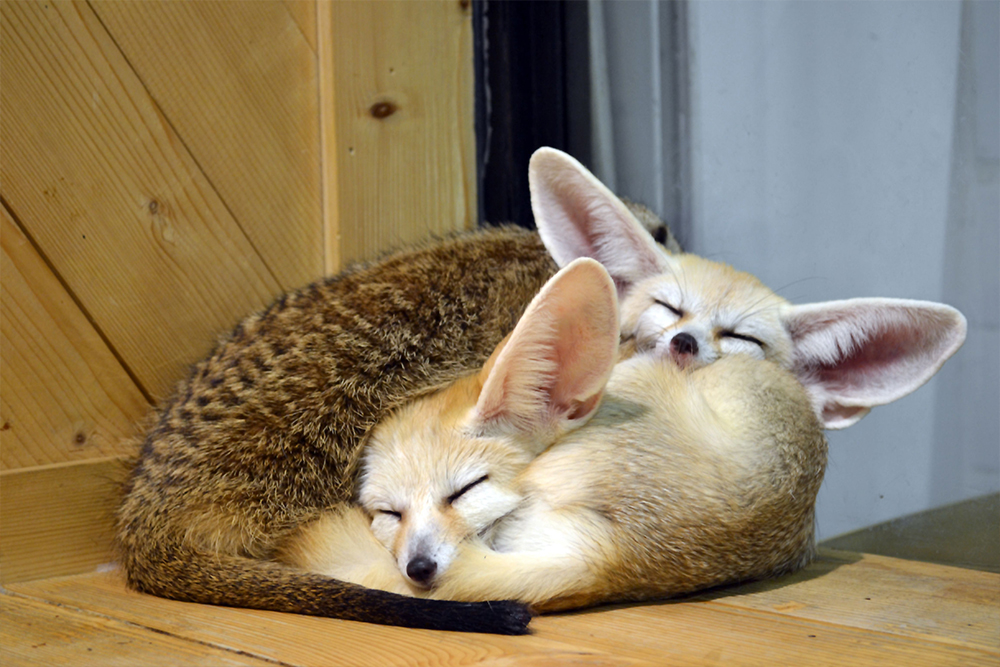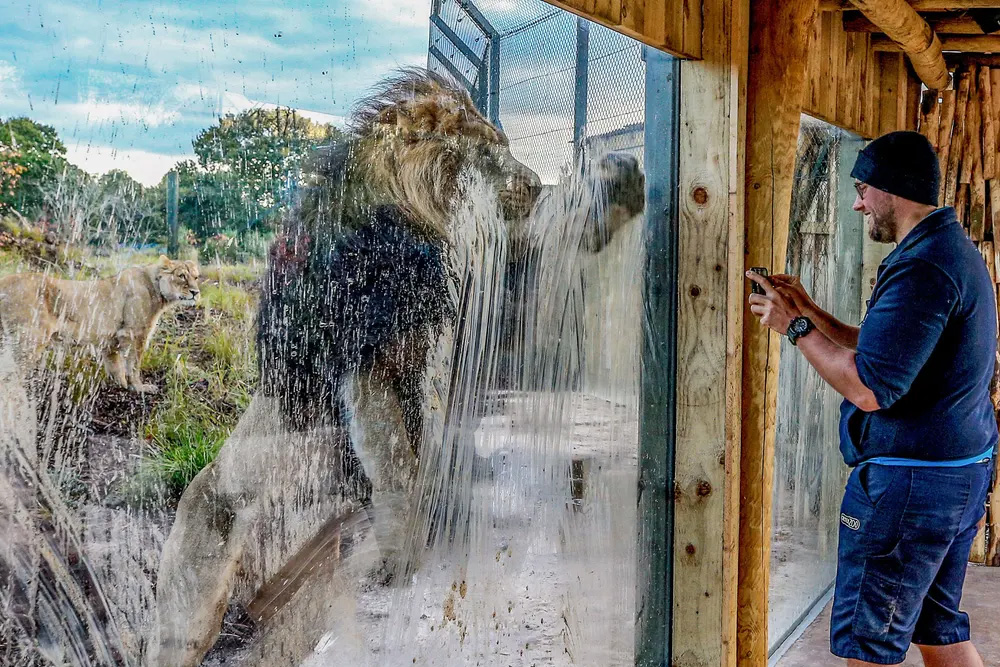Exotic pet: what are its advantages and disadvantages?

Owning an exotic pet can be an exciting and rewarding experience. Exotic pets are animals that are not typically found in a traditional household, such as reptiles, birds of prey, and certain species of mammals. While these unique creatures can provide companionship and entertainment, they also come with their own set of challenges. In this article, we will explore the pros and cons of owning an exotic pet.
Related articles
1- Treat Your Pet Like Family: 10 Fun Activities to Do Together
2- Keep Your Pet Healthy and Happy with Regular Veterinary Check-ups
3- How to Keep Your Pets Mind Sharp with Unique Games and Foods!
4- From Fat to Fit: Home Exercises for Your Obese Pet
The Pros
1. Uniqueness
One of the main reasons people choose to own an exotic pet is because they are unique and fascinating creatures. These pets can be a great conversation starter and are sure to grab the attention of friends and family. They can also provide a sense of individuality and personal expression for the owner.
2. Educational Opportunities
Exotic pets can offer a wealth of educational opportunities, both for their owners and for others who come into contact with them. Learning about their natural habitat, dietary needs, and behaviors can be a fascinating and rewarding experience. Additionally, owning an exotics pet can develop a sense of responsibility and empathy towards other living beings.
3. Conservation and Awareness
Owning an exotic pet can help raise awareness and support for the conservation of their species. Many exotic pets are threatened by habitat loss, poaching, and the illegal pet trade. By responsibly owning an exotic pet, you can contribute to the preservation of their species and educate others about the importance of conservation.
4. Strong Bonds
Although not all exotics pets are as affectionate as traditional pets like dogs and cats, many exotics animals are capable of forming strong bonds with their owners. This can lead to a fulfilling and rewarding relationship between the owner and their exotics pet.
The Cons
1. Specialized Care Requirements
One of the biggest challenges of owning an exotic pet is that they often require specialized care. This can include specific diets, habitats, and temperature controls. It is essential to thoroughly research the needs of your chosen exotic pet and ensure you are able and willing to meet these needs.
2. Cost
Exotics pets can be expensive to purchase and maintain. The initial cost of the animal, as well as the cost of creating a suitable habitat, can be steep. Additionally, ongoing expenses such as food, veterinary care, and other necessities can add up over time.
3. Limited Veterinarian Access
Finding a veterinarian who is experienced in treating exotics pets can be challenging. Not all vets have the necessary knowledge and experience to properly care for exotics animals. This can mean increased costs and travel time to find a suitable veterinarian.
4. Legal Restrictions
Depending on your location, there may be legal restrictions on owning certain exotics pets. Some animals may be completely banned, while others may require permits or licenses. It is essential to research the laws in your area before committing to owning an exotics pet.
5. Ethical Concerns
There are ethical concerns surrounding the ownership of exotics pets. Some of these animals are taken from the wild, which can contribute to the decline of their populations. Additionally, the conditions in which some exotic animals are bred and transported can be inhumane. It is important to research the origins of your exotic pet and ensure that you are supporting ethical breeders and suppliers.
6. Potential Dangers
Some exotic pets can be dangerous to their owners, other people, and other pets. This can include the risk of bites, scratches, and the transmission of diseases. It is vital to consider the potential risks and ensure that you are prepared to manage them.
7. Time Commitment
Owning an exotic pet can be a significant time commitment. Many exotic animals require daily care and attention, and some may have specific behavioral or social needs that must be met. It is crucial to evaluate whether you have the time and dedication required to properly care for an exotic pet.
8. Unpredictable Behavior
Exotic pets may exhibit unpredictable behavior due to their wild nature or lack of domestication. This can make them challenging to manage and may result in undesirable behaviors or stress for the pet.
While owning an exotic pet can be a unique and rewarding experience, it is essential to carefully consider the pros and cons before making a commitment. Prospective exotic pet owners should conduct thorough research, consult with experienced professionals, and carefully evaluate their ability to meet the needs of their chosen exotic animal.
Ultimately, the decision to own an exotic pet is a personal one that should be made with careful consideration of the animal’s welfare and the owner’s ability to provide a safe, healthy, and enriching environment.
Sobre o Autor




0 Comentários